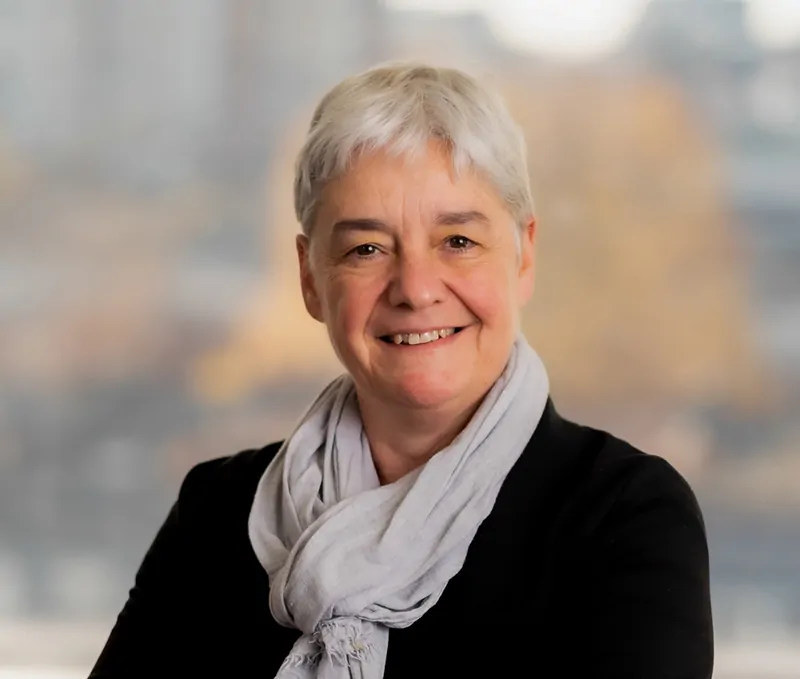The government has been refused permission to appeal the judgment on PM v SSHD, a case in which Bindmans acted for the Claimant PM.
The government has confirmed it will not be pursuing the appeal further and so the case is now concluded. This means that the High Court judgment stands and can be of use to others in PM’s position, as well as to future challenges.
The main findings in the case that may be of use to others beyond PM are:
1. Back payments for victims of trafficking in initial asylum accommodation between 13 May 2020–27 August 2020
The judgment confirms that victims of trafficking living in initial asylum accommodation (i.e. asylum hotel accommodation) between 13 May 2020–27 August 2020 were entitled to £65 per week in trafficking support, minus any payments of asylum support.
During this time, victims of trafficking living in asylum hotel accommodation received £35 in trafficking support. Individuals may then have received additional payments in asylum support, for example PM received £5 cash each week in asylum support directly from her hotel, to make up for the lack of toiletries and other essential items. However, this meant that PM still saw a shortfall of £25 per week, in the height of lockdown, and when she had no other sources of income or support.
Further, there was a period in July when the government ceased payments to victims of trafficking in hotel asylum accommodation altogether and paid them no trafficking support for a number of weeks. The court found this action to be ‘absolutely indefensible’.
This means that there could be many individuals who are entitled to the difference between the money they were receiving weekly in trafficking and asylum support, and the £65 they were entitled to. This includes for the period when payments were stopped altogether, where the difference will be much higher. This could amount to hundreds of pounds for some individuals.
An individual could be eligible for back payments if:
- They were an asylum seeker living in hotel asylum accommodation at any point between 13 May 2020–27 August 2020
- They were recognised as a potential victim of trafficking, i.e. they had received a positive Reasonable Grounds decision but not yet a Conclusive Grounds decision
- They received or were entitled to receive some asylum support money, for example, cash from their hotel to make up for lack of essential items
We will be asking the Home Office how they intend to identify those who did not receive their full entitlement of trafficking support to ensure they now receive the payments they were entitled to.
2. Future challenges on changes in guidance without consultation or sufficient inquiry
The judgment further found that the government had acted unlawfully in changing its policy without consultation to reduce the payments being made to PM and others in her position.
Prior to changing the guidance, the government had been paying £35 per week in trafficking support to victims of trafficking in asylum hotel accommodation. The new guidance reduced this support to £25.40. The government accepted in the case that it did not consult any organisations or stakeholders on the change, including the Modern Slavery Strategy and Implementation Group.
The court found this reduction in the guidance was unlawful because the government should have first found out how this near one-third reduction in support would impact this cohort of very vulnerable individuals and their recovery needs as victims of trafficking.
The government tried to argue that this change in policy was lawful because it was simply correcting an anomaly in the guidance and bringing the support in line with other victims of trafficking. The government also tried to justify the lack of consultation on the basis that there was a ‘gap’ in trafficking support and new guidance was needed urgently. The government further argued that this guidance was only interim while it carried out a full review and so consultation was not necessary.
The Judge’s findings
However, the Judge dismissed these arguments. She found that:
- The change represented a ‘very substantial’ reduction in support victims of trafficking had been receiving. She called it a ‘fallacy’ to say that the change in policy had been no more than a clarification or correction in the previous guidance rather than a change in policy. Regardless of what the government had intended their previous guidance to say, the reality was that they were providing £35 in trafficking support each week to these individuals, who would then feel the very real and substantial reduction down to £25.40
- The ‘interim’ nature of the new guidance and pending review did not justify a ‘premature decision’ by the government, without consultation or adequate inquiry, to reduce trafficking support substantially prior to the outcome of the review
- The urgency of the situation was created by the government’s own actions by ceasing trafficking support, and could have been remedied by withdrawing the cessation decision, without needing to issue amended guidance reducing the support
The legal team at Bindmans representing PM comment:
We hope that this judgment will therefore be helpful in challenging future changes in guidance where there has not been adequate consultation or inquiry by the government into the impact of guidance changes on individuals. This is particularly helpful because it is not uncommon to hear the government justifying a lack of consultation or inquiry on amended guidance on the basis of ‘urgency’, the fact that the guidance is ‘interim’ and that the change was merely a ‘clarification’ or ‘correction’. The helpful findings of Judge Steyn in this case can be used to push back on such arguments by the government in future.
The Claimant PM is represented by Liz Barratt and Amy O’Shea of Bindmans LLP, along with Samantha Knights KC of Matrix Chambers and Miranda Butler of Landmark Chambers.
